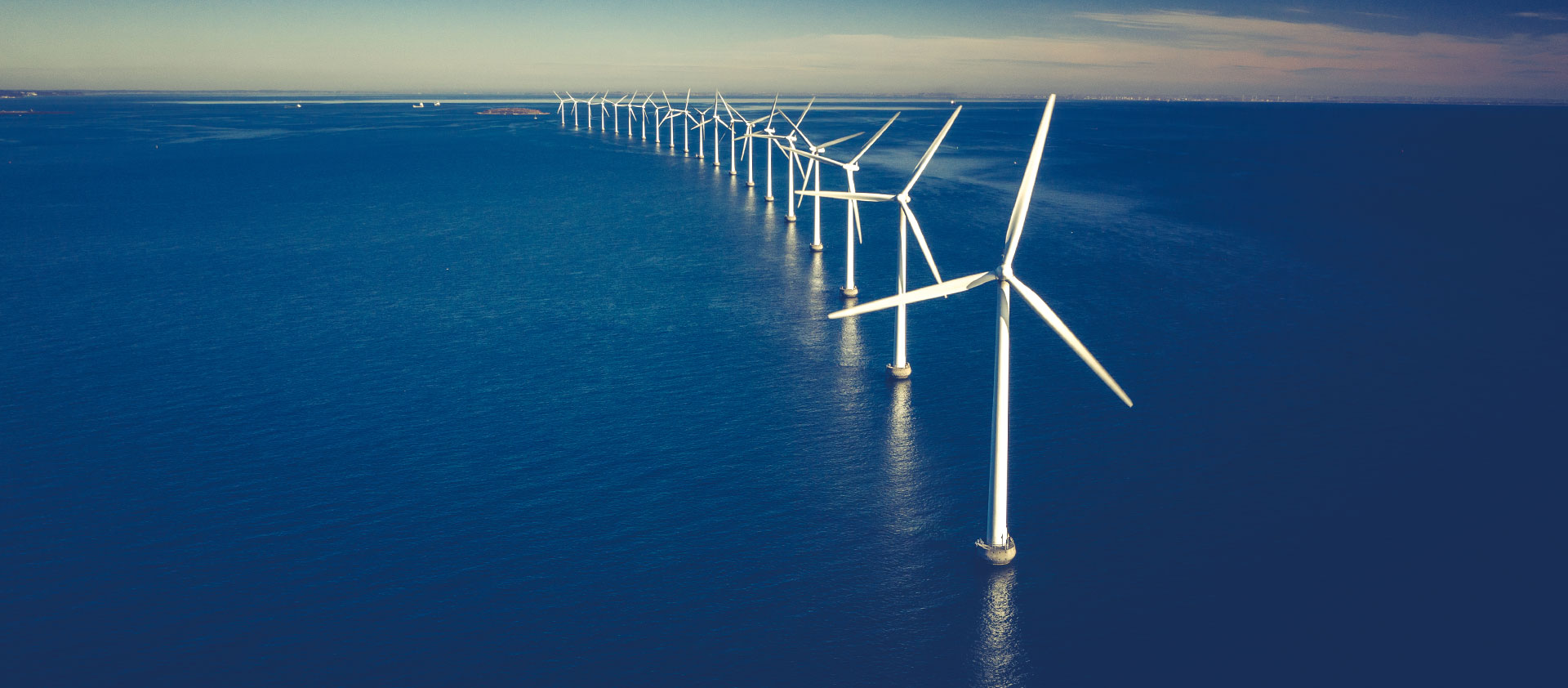AER AGL Aluminium Batteries Battery Budget BYD CATL CBAM China Coal Critical minerals Decarbonisation Diesel DMO Election Electric Vehicle Electricity/electrification electrostate Energy crisis Federal Election Finance Sector & Emissions Gas Green Iron/Steel Hydrogen India & Adani Methane Nuclear offshore wind Oil OP EDS Peter Dutton Podcasts Renewables Solar Tariff Taxes and subsidies US IRA/EU NZIA et al Wind
Battery storage key to nailing renewable energy target of 82% by 2030: report
PV Magazine
“Tidal wave” of big batteries and record solar and wind put 2030 renewables target within reach
Renew Economy
Investors “not interested” in nuclear
FS Sustainability
VIDEO | Opposition’s nuclear costings released
Sky News
China’s emissions are peaking. Bringing them down will be the hard part.
Washington Post
Macro look at the global geopolitical energy landscape
SIM-PAC Live
PODCAST | Tim & Grant McDowell on Spark Club: The Nuclear Debate
Spark Club Podcast
Australia’s renewable energy leaders address the orange elephant in the room
Capital Brief
India’s other renewable energy firms should shield sector from Adani bribery fallout
South China Morning Post
Rio Tinto sacks 40 employees from West Angelas near Newman, in Western Australia’s Pilbara region
News Corp papers
